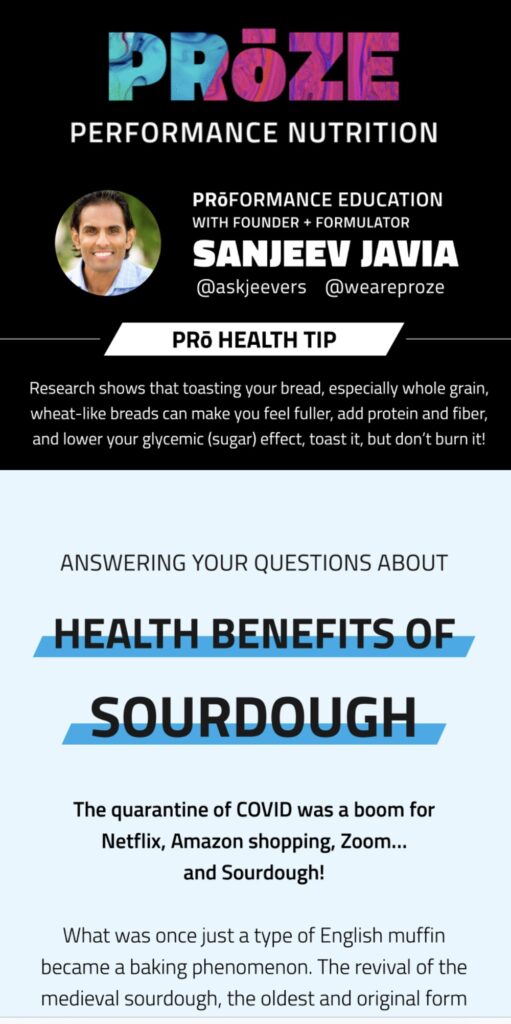“Diet drinks are associated with weight gain, new research suggests” – Washington Post
Whaaat? Wait, I thought all those 0 Calorie, No Sugar, guilt free seltzers, sodas, and vitamin waters I was guzzling down were keeping me shapely in my skinny jeans? (kidding, I could never get those skinny jeans past my ankles). No calorie sweeteners, technically called non-nutritive sweeteners, are all the rage in the diet world. Especially with drinks. Since the introduction of Saccharin, in 1879..yeah, 1879!!, by researchers at John’s Hopkins University, there has been several that have followed. Stevia, has become the overwhelming favorite, it’s sweet, it’s easy to mix/formulate with, and it was the first to be marketed as the “Natural Sweetener”…but..
“Some experts believe that artificial sweeteners trigger receptors in the brain, which cause the body to prepare for an influx of calories, causing people to eat more” – Time Magazine
Q: What is Stevia?
A: Stevia is Stevia rebaudiana, a plant. An extract is taken from the leaves of the Stevia plant that contain the compounds called rebaudisoside A (also known as Rebinana or Reb A), Reb D, and stevioside (steviol), which give stevia the sweet taste. You can also find stevia leaf and “crude” (not purified) extracts of stevia, but they won’t be used in foods because the FDA has yet to grant them permission (they are safe to consume).
Q: Why do people use Stevia?
A: It’s calorie free (non-“nutrative”, has no nutritional value) alternative to sugar that can easily be mixed in foods and drinks. Depending on the quality, per gram, Stevia is 200-400x sweeter than cane sugar. It actually does have calories and is a carbohydrate, but because it’s SO sweet, you have to use such a small amount during formulation, therefore making the calories and carbohydrates negligible. What’s also important is that Stevia (short term) does not seem to affect glycemic (sugar) response in the body, your insulin stays stable, which is a major reason why it’s promoted to diabetics.
Q: Why does Harvard say it causes Weight Gain?
A: Observational studies showed that people who drink diet beverages are at greater risk for being obese or gaining weight. There were multiple theories to this, such as, diet drinkers desired more sweeter (and therefore calorie dense) foods, the brain responded differently to the sweetner – causing them to crave more calories, and diet drinkers felt it less necessary to exercise or eat healthier foods.
Q: Any truth to this?
A: The research is mixed, but leaning towards NO. Several studies show that snacks sweetened with Stevia reduced satiety and did not lead to calorie consumption after a meal. When controlling for other factors and following individuals for longer periods of time, diet drinkers were 2x as likely to lose weight.
Q: What about blood sugar control?
A: Yes and No. May help short-term, but not long-term. Studies have shown that using Stevia decreased blood sugar levels 4hrs after a meal by 18% and improved insulin to glucose ratio by 40%. However, a study of Type 1 and 2 diabetics who consumed Stevia over 3 months found no significant change in blood sugar levels of HbA1C.
Q: Why do some Stevia products taste “metallic”?
A: It’s the Reb A. Reb A is sweeter than stevioside, so companies will use a source with more Reb A, problem is Reb A has a bitter or metallic aftertaste. Also, most Stevia is combined with another sweetner or filler. Read the label, Truvia® also has Erythritol, PureVia® has Dextrose, some even have Xylitol which is a safety concern for dogs. You may need to try different brands to see what taste best for you.
Q: Is Stevia safe?
A: Yes, in general it causes rare adverse reactions. Some people may be sensitive to either Stevia or what its combined with, might feel a slight headache, dizziness, or nausea. I would be careful, for dogs, of Xylitol combinations and if you’re allergic to ragweed, chrysanthemums, marigolds, and/or daises, because you could be potentially allergic to Stevia.
Q: Do you use/drink Stevia?
A: Not my first choice. My first choice is low natural (cane) sugar, less than 10g per 16oz. Or a combination of sugar and Stevia (it’s the best tasting, as a formulator I know that adding a bit of sugar rounds out the taste of Stevia reducing any bitter or metallic notes). Although not proven, I do believe, for me, that consistently eating/drinking things that are sweet make ME more predisposed to wanting more sweet things. And I have a sweet tooth, so one bite is NOT enough. I try to keep my sweet foods/drinks to a minimum, so I dilute a lot of my drinks to “just palatable enough”.




